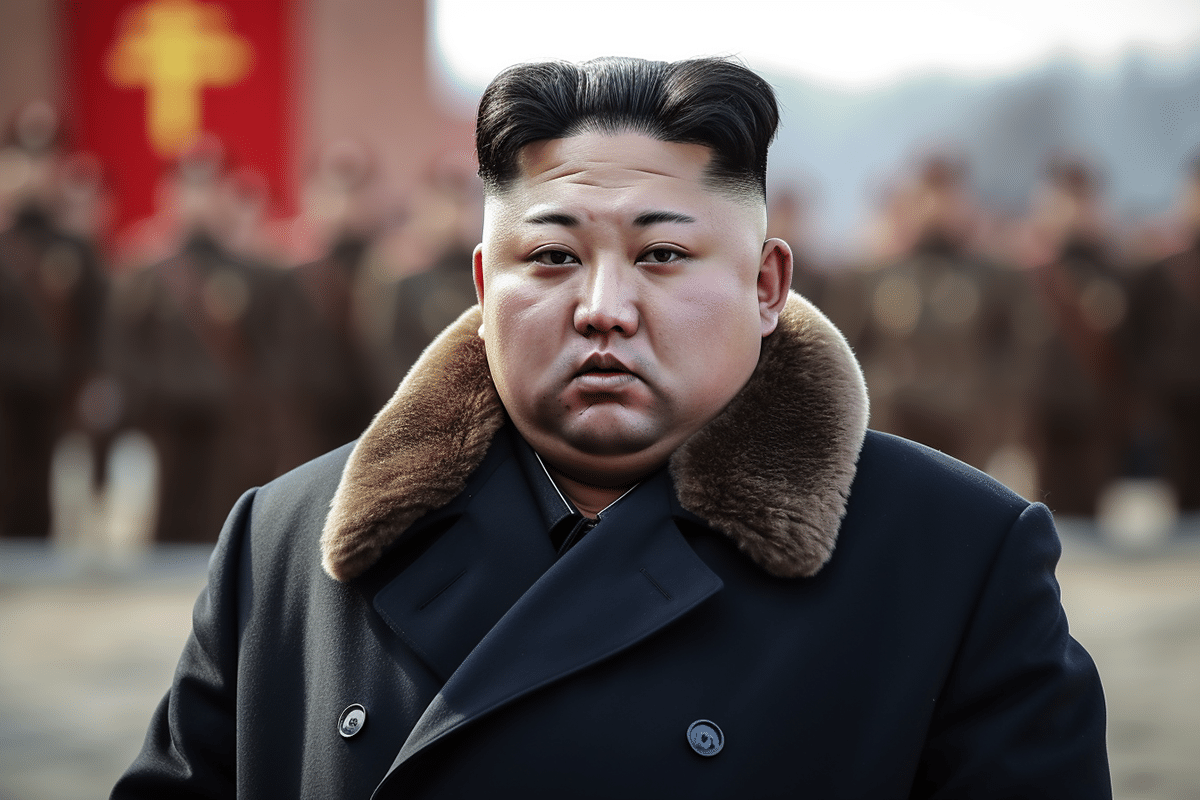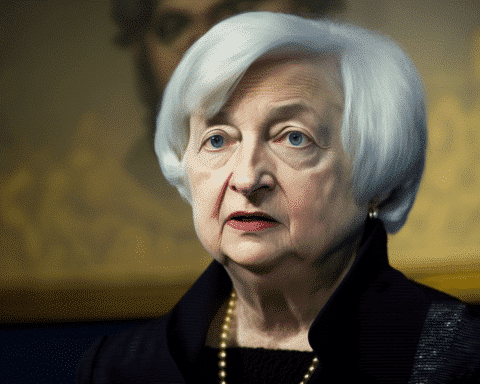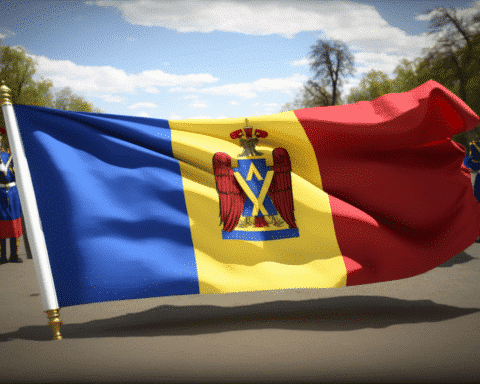South Korean intelligence has reported that North Korea has sent troops to assist Russia in its war against Ukraine, raising concerns about heightened geopolitical tensions. This development introduces a third nation into the conflict and amplifies the security challenges faced by the West.
According to the National Intelligence Service (NIS) of South Korea, North Korea is preparing to dispatch a total of 10,000 soldiers. Recent intelligence suggests that 1,500 North Korean special operation forces were transported by Russian navy ships to the port city of Vladivostok between October 8 and October 13. These troops are expected to receive additional reinforcements soon, with reports indicating that up to 12,000 soldiers could be deployed in four brigades.
North Korean soldiers stationed in Russia are undergoing adaptation training at military bases in Vladivostok, Ussuriysk, Khabarovsk, and Blagoveshchensk. They have been provided with Russian military uniforms, weapons, and forged identification documents. Once their training is complete, they are expected to be deployed to combat zones.
South Korean media outlets have reported satellite images that reveal increased naval activity near a North Korean port, as well as large military gatherings in Russian regions such as Ussuriysk and Khabarovsk. While the NIS has not confirmed all the details surrounding the deployment, the troop movements mark a potential escalation of the conflict and an intensification of cooperation between North Korea and Russia.
Russia has officially denied the use of North Korean troops, dismissing the claims as unfounded rumors. NATO and the Pentagon have also refrained from confirming these reports, although they are monitoring the situation closely. Experts believe the involvement of North Korean soldiers, if verified, would mark Pyongyang’s first major foreign military intervention since the Korean War, a significant shift in the nation’s strategic posture.
The renewed cooperation between North Korea and Russia follows a series of agreements over the past two years, culminating in a military assistance pact signed in June. This pact promises mutual support in the event either country faces external attacks. Western analysts suggest that Russia’s latest overtures could include technology transfers, such as advanced missile systems, intercontinental ballistic missile (ICBM) technology, and nuclear-powered submarines. These military assets would bolster North Korea’s deterrence capabilities against the United States and South Korea.
The involvement of North Korean forces in Russia’s war is seen as a strategic move by Kim Jong Un, aiming to enhance his soldiers’ exposure to modern warfare and test their combat capabilities. In return, North Korea may receive high-tech weaponry to strengthen its nuclear program, complicating efforts by South Korea and the U.S. to neutralize Pyongyang’s nuclear threats.
However, some military analysts question the impact North Korean troops could have on the battlefield. North Korea’s military, despite its size of 1.2 million active personnel, operates with outdated equipment and lacks recent combat experience. Skepticism remains over whether North Korean involvement will provide Russia with any decisive advantage.
Meanwhile, South Korean President Yoon Suk Yeol has called for an emergency security meeting to address the implications of North Korea’s reported deployment. Government officials concluded that the presence of North Korean troops in Russia represents a severe security threat to both South Korea and the broader international community.
In recent years, tensions on the Korean Peninsula have escalated, with North Korea accelerating missile tests and issuing preemptive nuclear threats. In response, South Korea and the U.S. have increased their joint military exercises, which Pyongyang views as preparation for an invasion. The addition of North Korean troops to Russia’s campaign against Ukraine could deepen these tensions further.
Intelligence gathered by Ukraine also indicates the risk of North Korean personnel being deployed to combat areas. Ukrainian media previously reported that six North Korean individuals were killed during a Ukrainian missile strike in Donetsk earlier this month. Ukrainian President Volodymyr Zelenskyy has warned that the involvement of a third nation could broaden the conflict, posing a danger of transforming it into a global war.
This development underlines the growing alliance between Russia and North Korea, which continues to challenge efforts by the West to maintain stability. As the situation unfolds, the deployment of North Korean troops may introduce new complexities into an already volatile geopolitical landscape.




